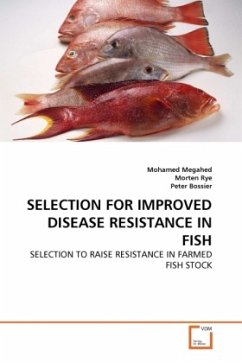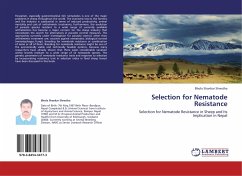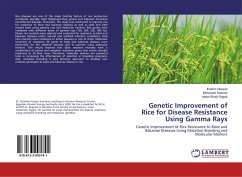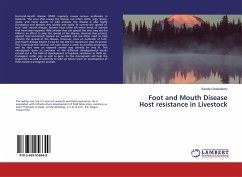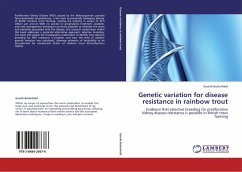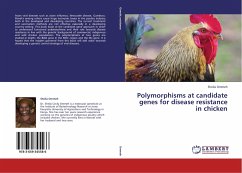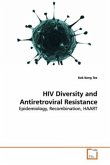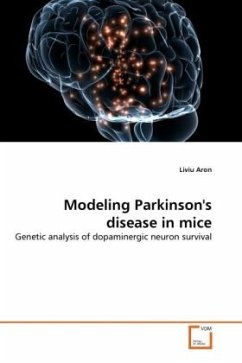The experience from working with the first controlled challenge test on disease resistance conducted in an applied breeding program for Nile tilapia (Oreochromis niloticus) clearly highlights the need for consistency in setting up and executing the challenge test trial and data recording scheme. the results in the present study clearly indicate that resistance to combined infection of Aeromonas sp. and Streptococcus sp. in challenge test is highly heritable trait. This heritability estimate indicates that selection for increased resistance to a combined infection of Aeromonas sp. and Streptococcus sp. may lead to animal with a genetically improved resistance to both diseases and an effective method to improve the economy of the fish farmer. Also, the results in the present study demonstrate that selection based on challenge tests is a suitable method to estimate additive genetic variation in controlled environment. These findings confirm that inclusion of the disease resistance (survival) trait in the selective breeding program goal is highly recommended.
Bitte wählen Sie Ihr Anliegen aus.
Rechnungen
Retourenschein anfordern
Bestellstatus
Storno

